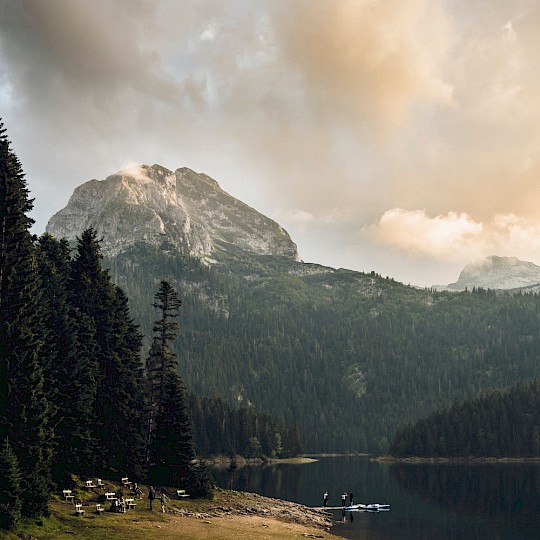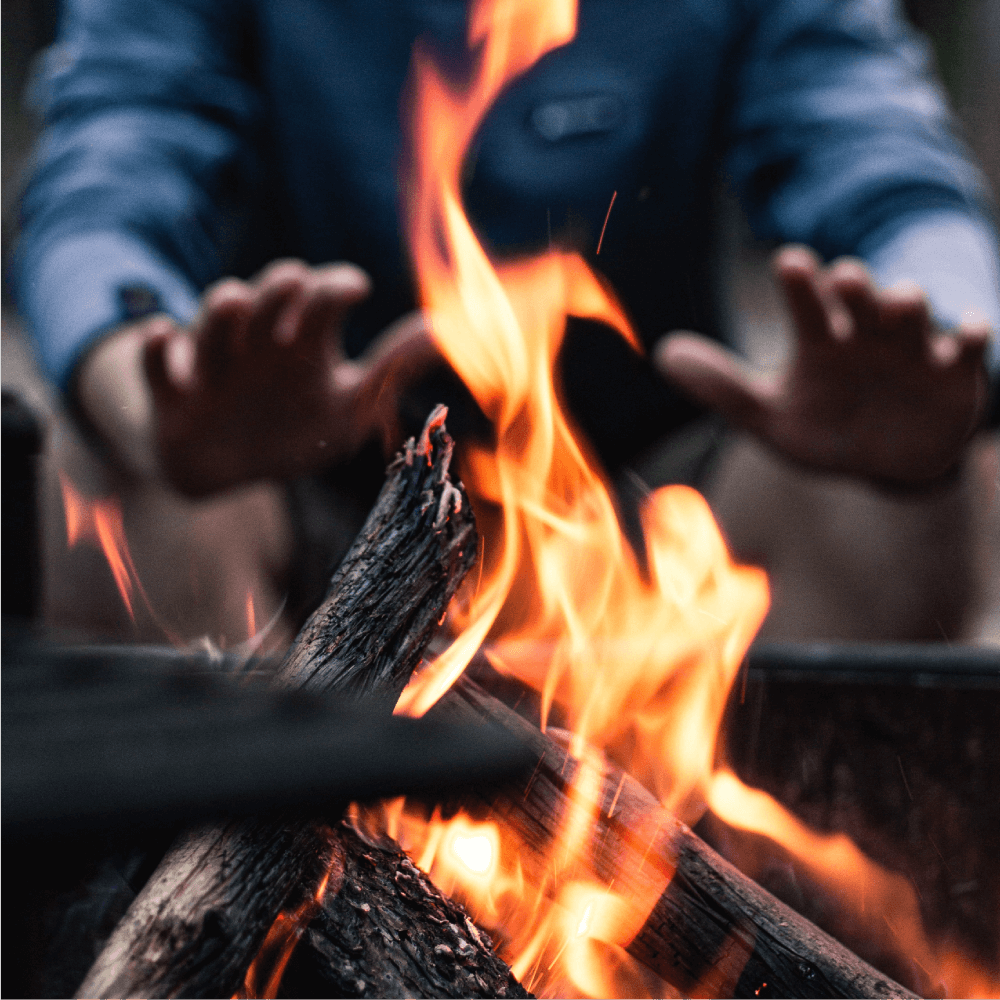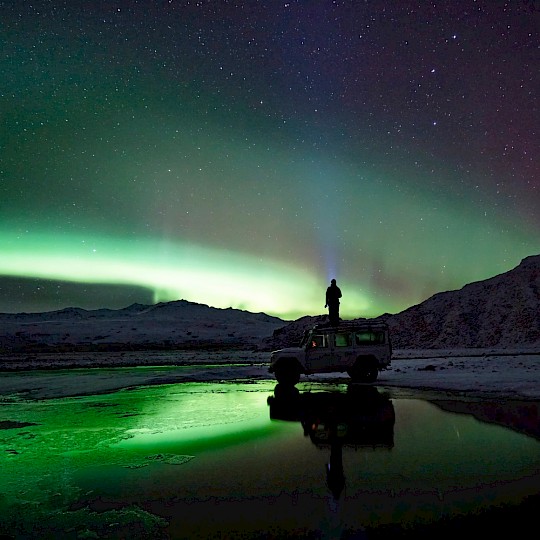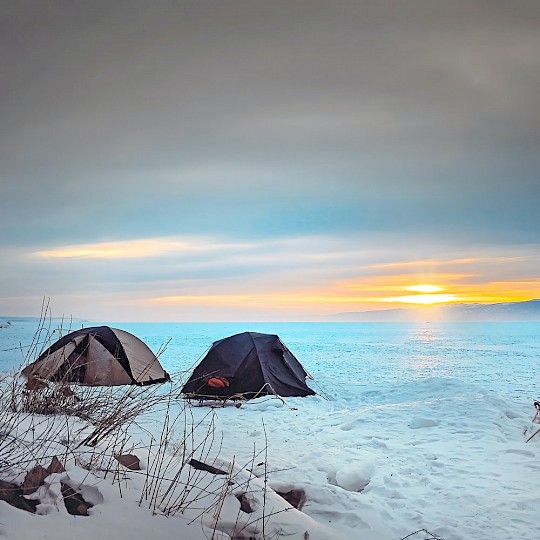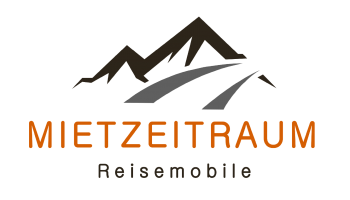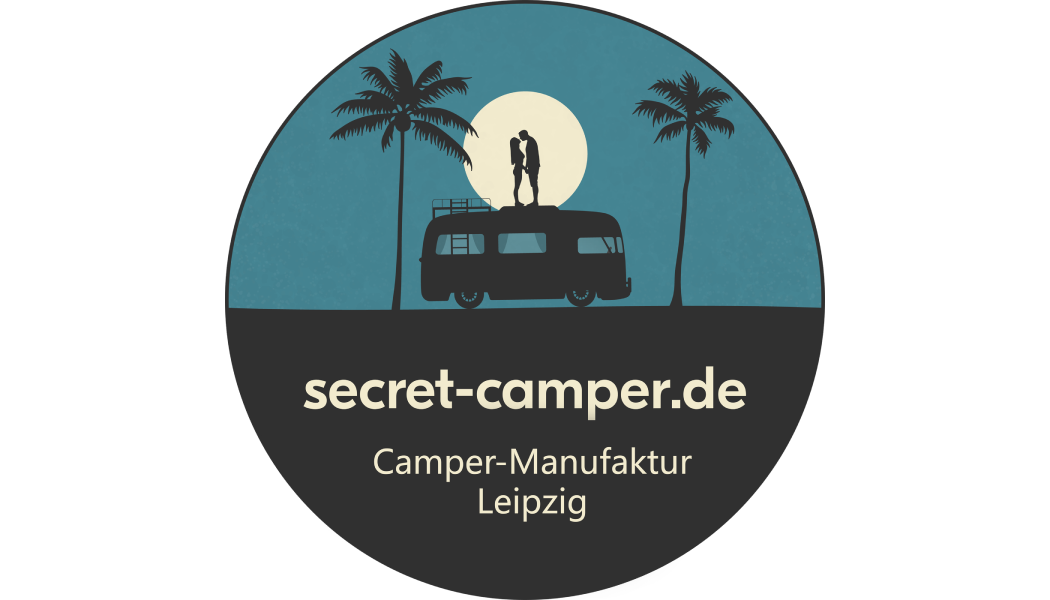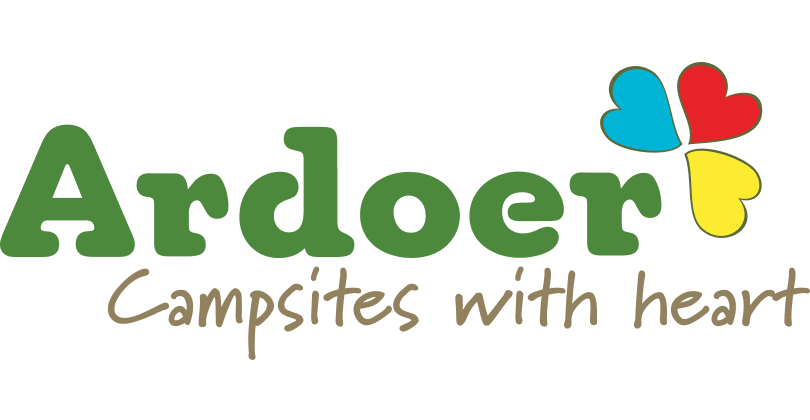Fact #1 - 9,000 years lease agreement
When Arthur Guinness moved to Dublin, he signed a lease for his brewery. Duration? 9,000 years. Lease? 63.50 per year.
Fact #2 - St. Patricks Day Parade
The first St. Patrick's Day Parade was not held in Ireland as one might think, but in New York by Irish immigrants.
Fact #3 - The Oldest Pub
The oldest pub still can be found in Ireland. Seans Bar in Athlone was opened in 900 AD and can still be visited.
Fact #4 - All Irish are redheaded
At least that's what you think. Only 9 percent of Irish people have red hair, making them second only to Scotland.
Fact #5 - Halloween
And the Irish have introduced another festival to the USA, Halloween. It corresponds to the Celtic festival Samhain and was originally a kind of harvest festival.
Fact #6 - And again Guinness
Guinness is probably the most famous beer from Ireland. However, Ireland is not at number one when it comes to consumption. Nigeria is in the first place.
Fact #7 - Eurovision Song Contest
Ireland has won most of the Eurovision Song Contest so far. So far there have been seven victories, more than any other nation.
Fact #8 - National symbol
Not the cloverleaf is the official national symbol of Ireland, but the Irish harp. The harp can also be found in the logo of Guinness and Ryan Air.
Fact #9 - O'Connell Bridge
The unique O'Connell Bridge can be found in Dublin. It is 50 m long and just as wide. This is unique in Europe.
Fact #10 - Castles
There are about 30,000 castles and castle ruins in Ireland. Some of them can not only be visited but even rented. If your tent is not enough for you.






